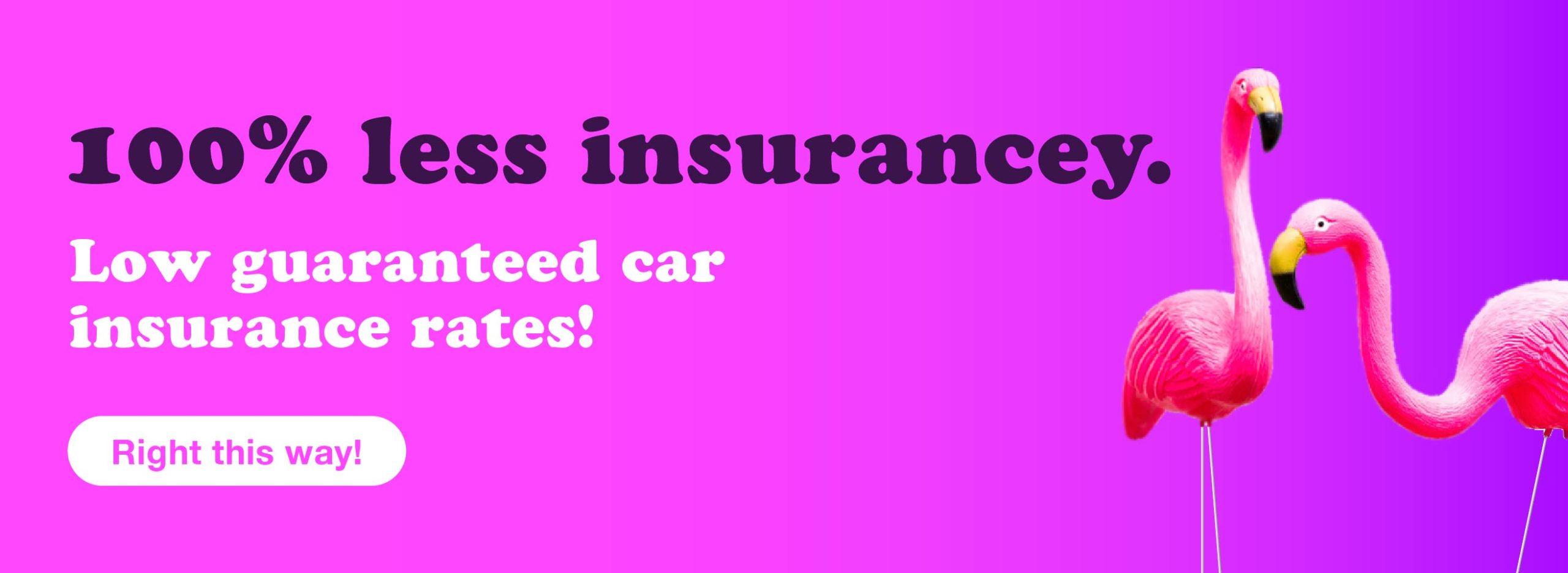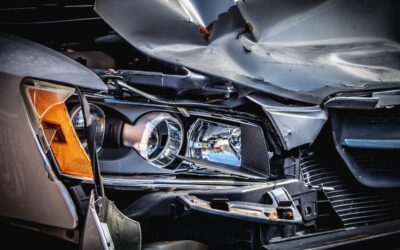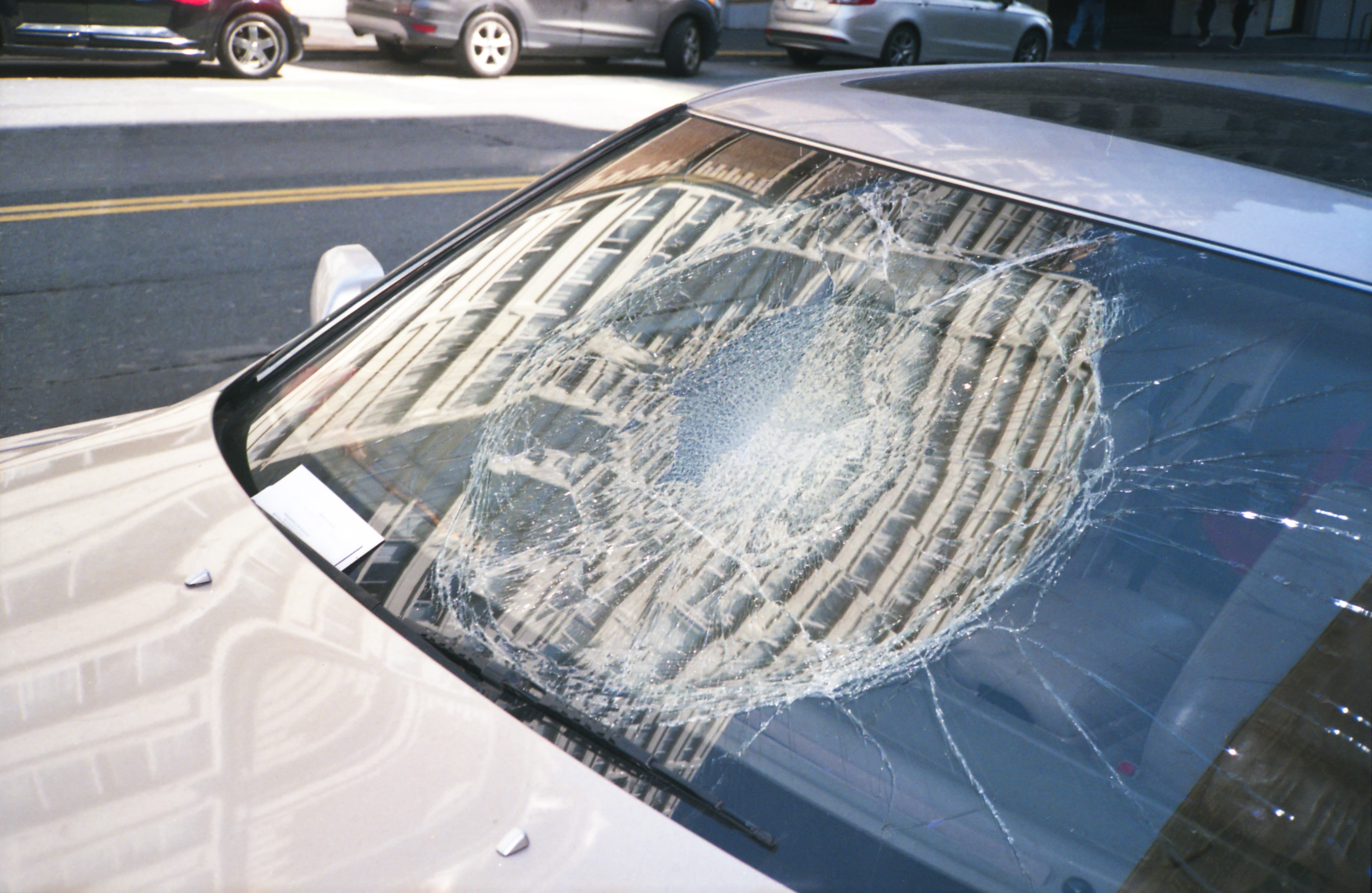Selling your car? You’ll want to be aware of how test driving a used car in a private sale could affect your car insurance rates.
It’s a common scenario, and you want to get as much money for the vehicle as possible—often at rates that dealerships simply won’t offer through trade-in deals (which also involve spending more money to get a new vehicle). It’s especially convenient to sell items on your own with the rise of so many online marketplaces like Kijiji and Facebook.
Can you test-drive a private car without insurance?
It’s true that there may be a significant financial upside to selling your vehicle privately, but there are a few things that you need to consider first.
Let’s talk about car insurance for a moment to provide a few tips on what to consider about your insurance policy, and how to put your safety and protection first when a prospective buyer wants to test drive your vehicle.
First, you still need liability car insurance to operate a vehicle. Even if the buyer doesn’t have a policy yet, the seller will need to maintain his or her policy until the car is sold. That’s because whoever owns and/or operates the vehicle is still responsible for it, even during a test drive. The test driver would be considered an incidental driver (as opposed to a secondary driver) under the seller’s policy.
Protecting your car and your insurance during a pre-sale test
When you’re asked about test driving your used car for a private sale, you’re also lending that person your insurance. Make sure you keep these things in mind:
- Check with your insurance broker to see what your insurance policy allows. This can help you avoid a lot of headaches. It also gives you ironclad reasons for prohibiting solo test drives if that is the case.
- Make sure the driver has a valid driver’s license. This is basic. You would never knowingly lend an unlicensed driver your car, of course, but it pays to double-check. Should the prospect refuse to provide you with their license, then don’t let them in your car. Trust is a two-way street.
- Ask if the seller has an existing policy. Although it’s not required to drive your vehicle, feel free to ask them if they have one. This could provide you with an additional layer of protection for the test drive.
- Start and end your test drives around police stations. It’s considered a best practice because anyone with a criminal record probably won’t feel comfortable meeting you there, tipping you off if something is about to go wrong. If that’s not an option, then consider moderately populated, spacious parking lots.
The most important piece of advice is to trust your instincts. If any aspect of the potential buyer makes you uncomfortable, don’t turn over the keys. As a private seller, you are not compelled to let somebody drive your car—ever.
Ask a friend to join you if any aspect of the process makes you uncomfortable. Don’t feel bad or awkward about it. It’s always better to err on the side of caution.
If you do sell it (congrats!) then you’ll need to tell your insurance company about the car’s changing ownership.





